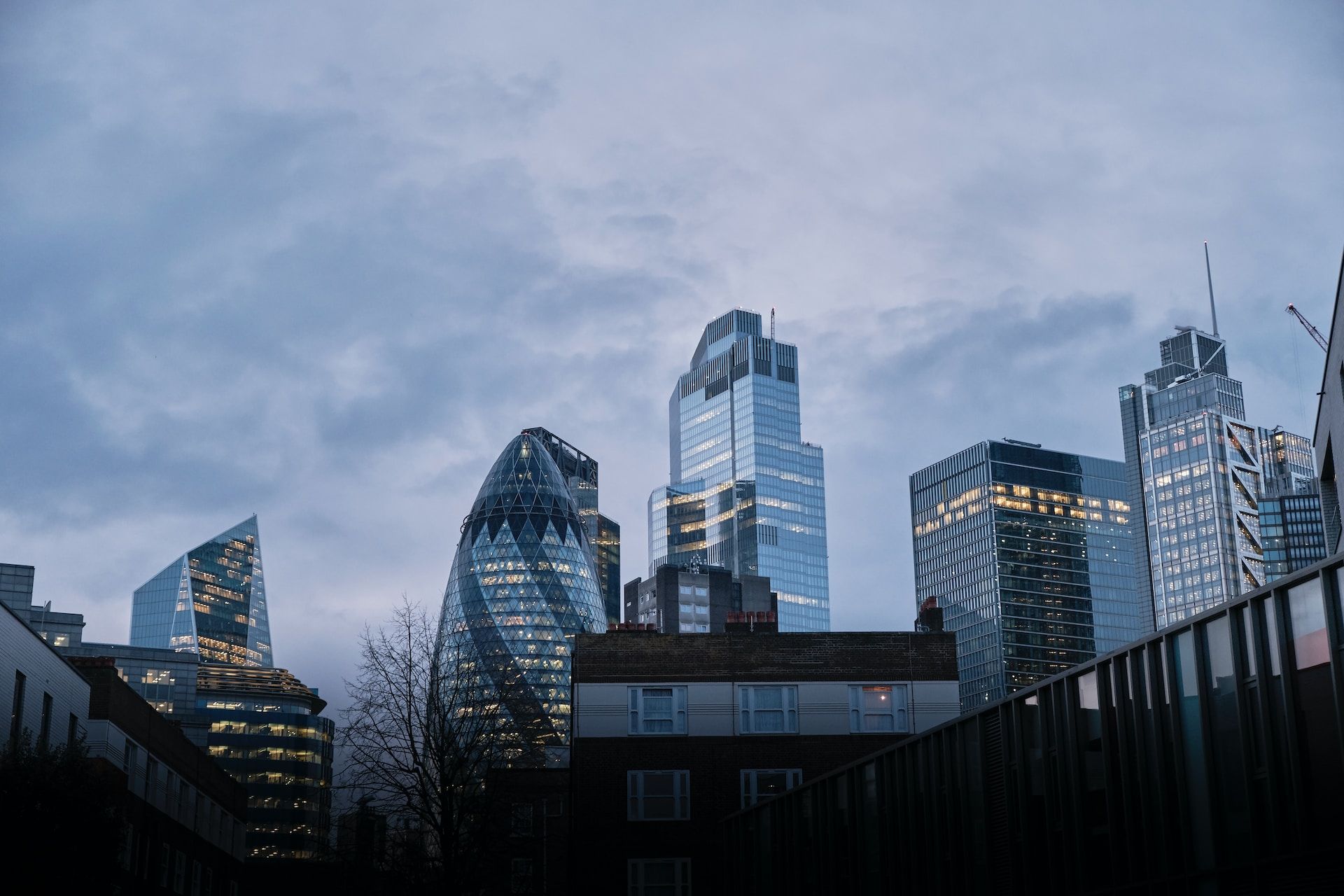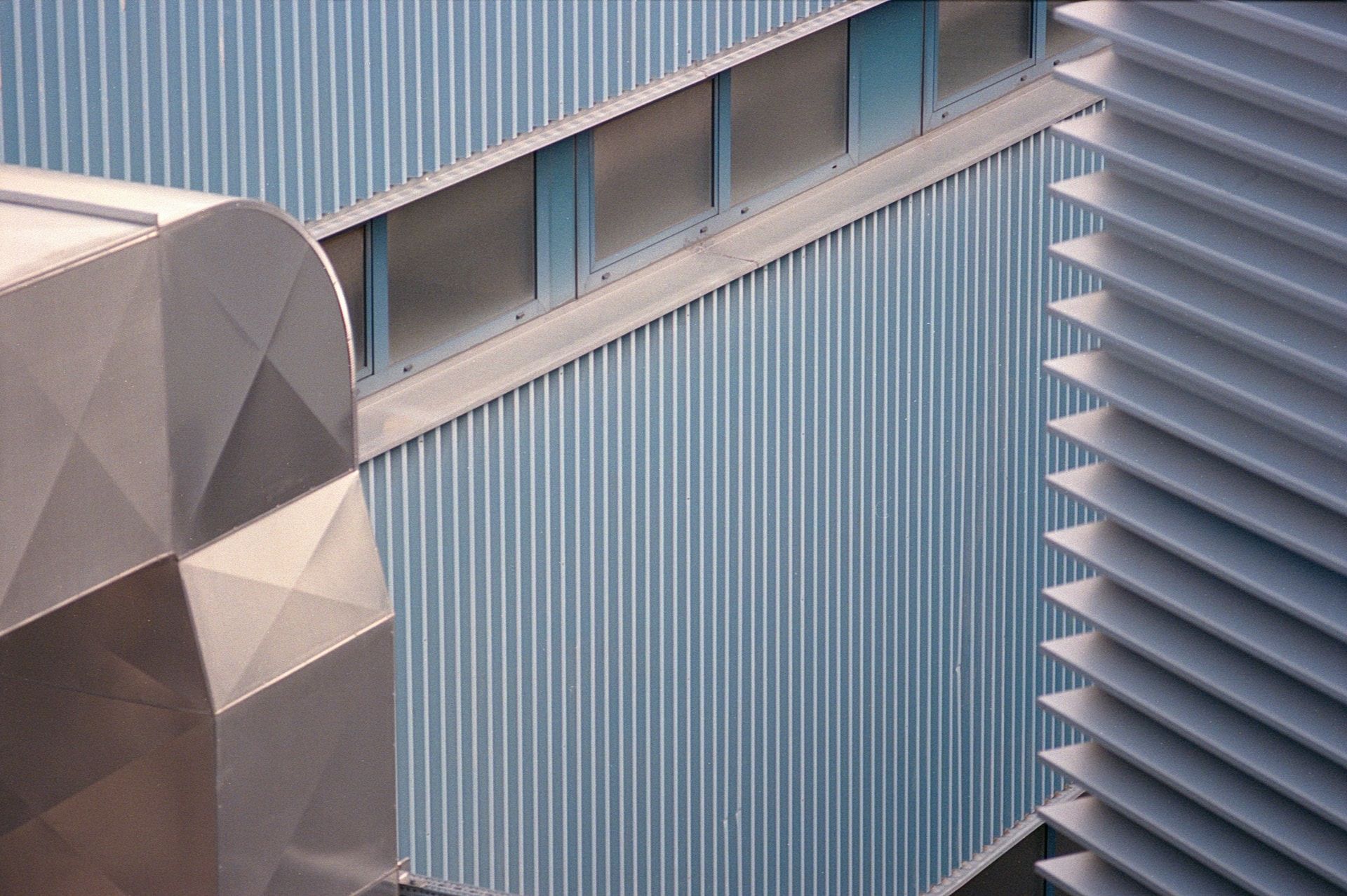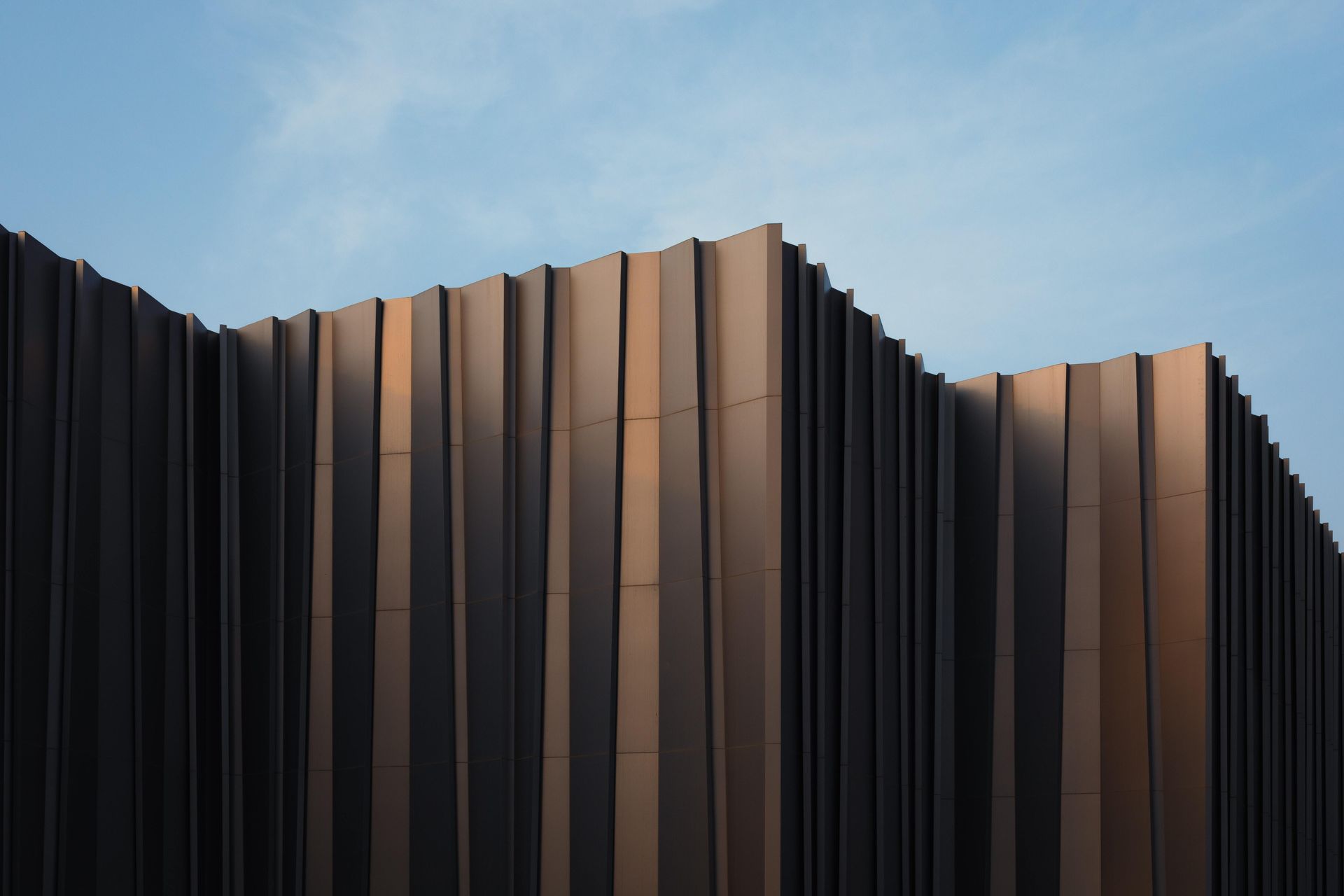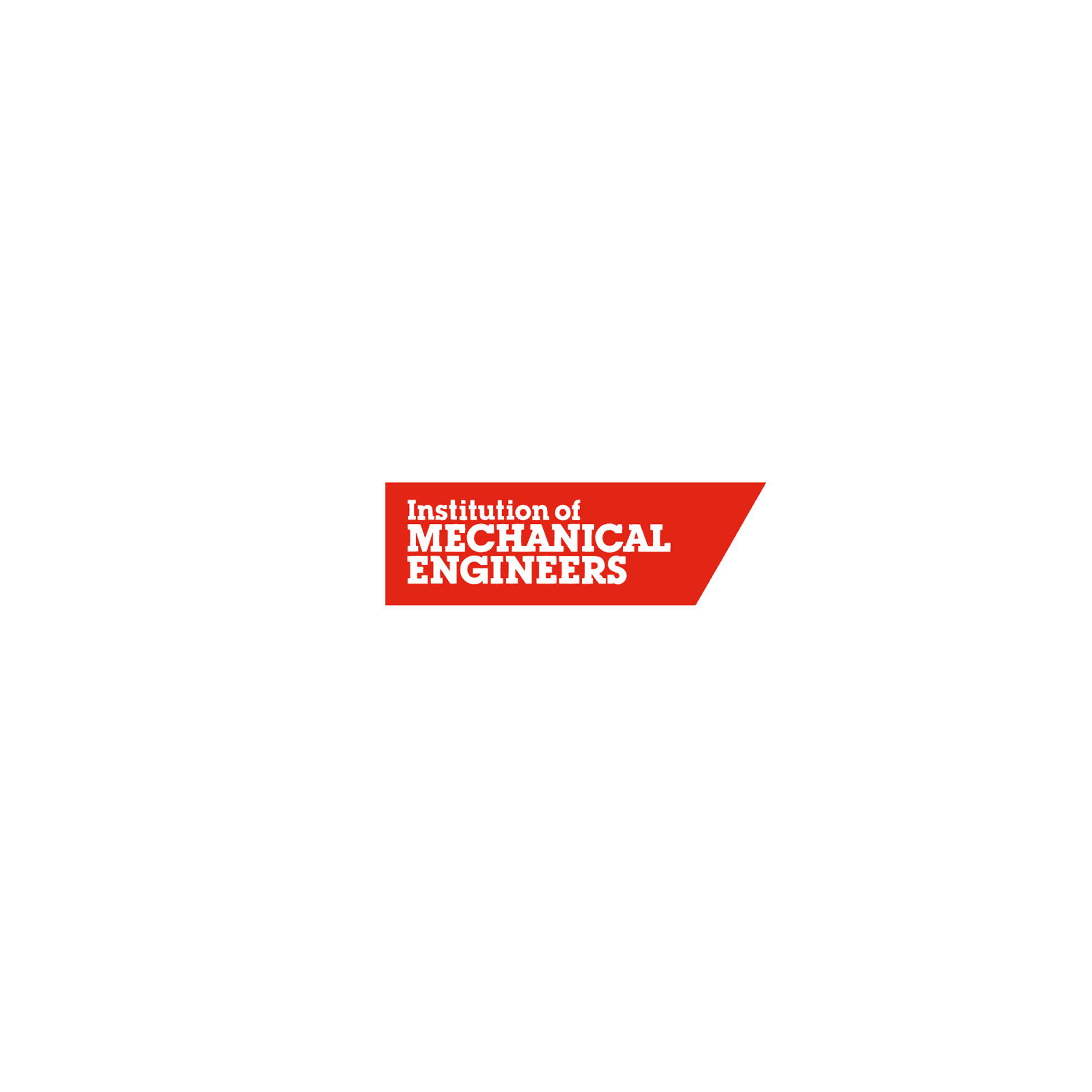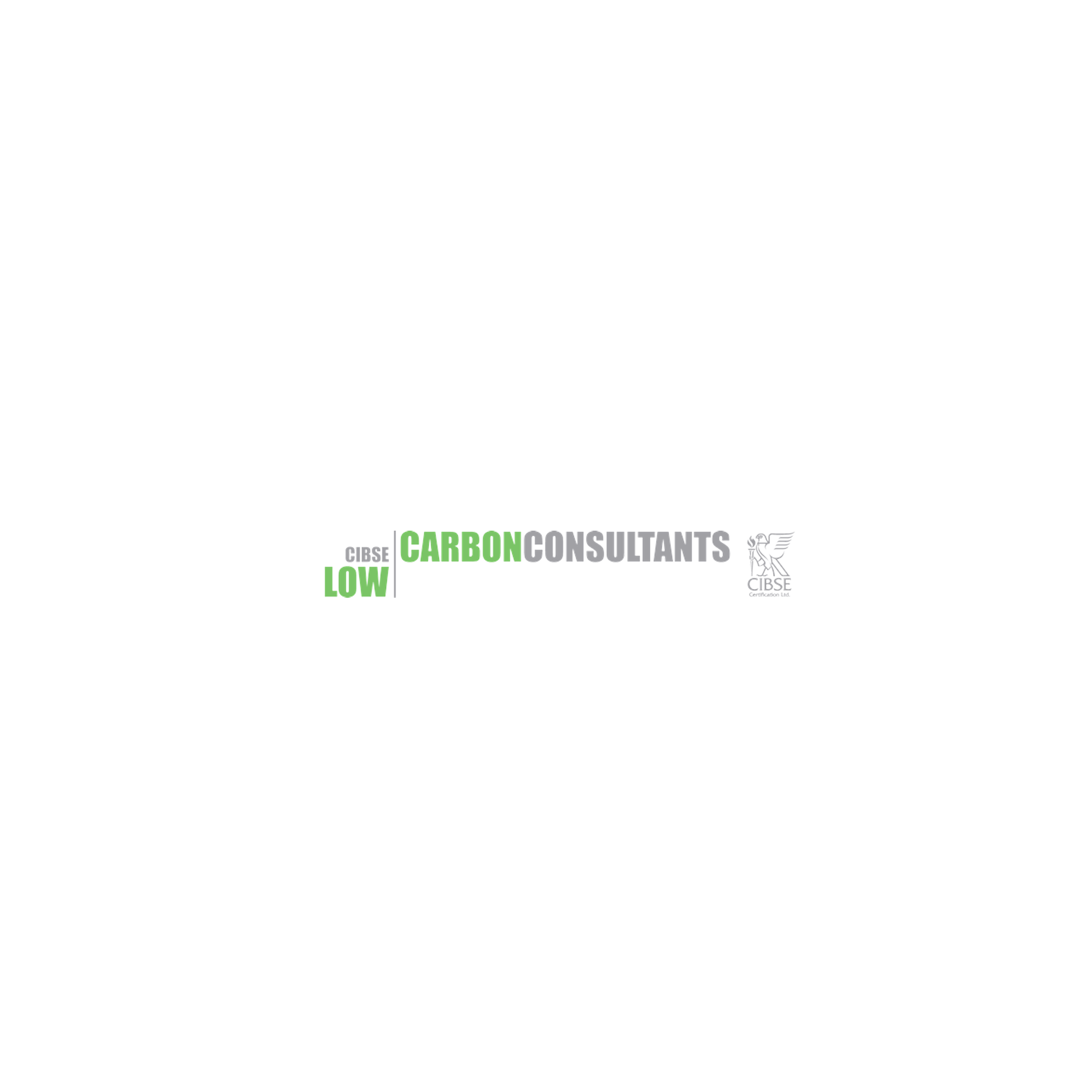Contact Us | Call: 01420 481573 | Email: info@mesh-energy.com
Doug’s Sustainable Construction Predictions for 2024
As we come out of our end of year hibernation period for 2023 and try to both digest and interpret what 2023 had in store for us, how we dealt with it, and what we would change if we could; we drag ourselves out into the blinding light of 2024 and hope for a less tumultuous year in the UK’s sustainable construction sector.
I am an optimistic person and ‘glass half-full thinking’, as well as doing my best to gaze into the future, is my default position. When working with a team on the sharp end of sustainable building design, there are some trends which simply cannot be ignored and hold great promise for 2024.
The following trends are in areas we’ve seen growing design time and client fees being spent to great effect, and that’s why these are my top four sustainable construction prediction of 2024.
Area 1. Integrated Building Performance and Building Services design
Prediction: The construction industry will place a growing focus on the value of integrated sustainable design, allowing overheating, whole life carbon analysis, building services, standardised energy calculations, and architecture to work together more seamlessly to deliver projects on budget and on time.
With more complicated buildings that require substantial analysis to meet various low impact targets, we commonly saw MEP companies coming up short and architects becoming frustrated with having to bear the building sustainability analysis workload last year. Companies that can blend building performance and services design in parallel to architectural specialisms will continue to gain traction in 2024.

Area 2. Whole Life Carbon Assessment
Prediction: Councils across the UK will increasingly adopt whole life carbon (WLC) methodologies as part of their planning application process to prove minimal material carbon impact in developments.
Whilst not yet regulated for, Mesh dealt with a growing number of councils modifying planning policy or adding a WLC assessment of existing buildings as a pre-requisite to planning submission throughout the second half of 2023. This was mainly for replacement dwellings, but with other major planning councils and cities requesting this analysis for all new builds, WLC analysis will continue to become more popular in 2024.
Area 3. Powerful Marketing of Low Energy Buildings
Prediction: Promotion of low or zero energy buildings, which generate as much energy as they consume, will become popular so it will be easier to differentiate them from the rest of the ‘pack’.
As developers and building owners try to figure out how to make money in a tough market, those who truly understand the power of good marketing and can built cost-effective low energy homes that perform well will start to see greater margins, faster sales, and more success in 2024.
Mesh have known for a while that this is something can be delivered, and there are now a few players making a fair go at it (e.g. Octopus Energy). With consumers pocket’s straining and energy costs still high, those that can provide cost effective living are starting to see increased consumer demand and will most likely do well this year.
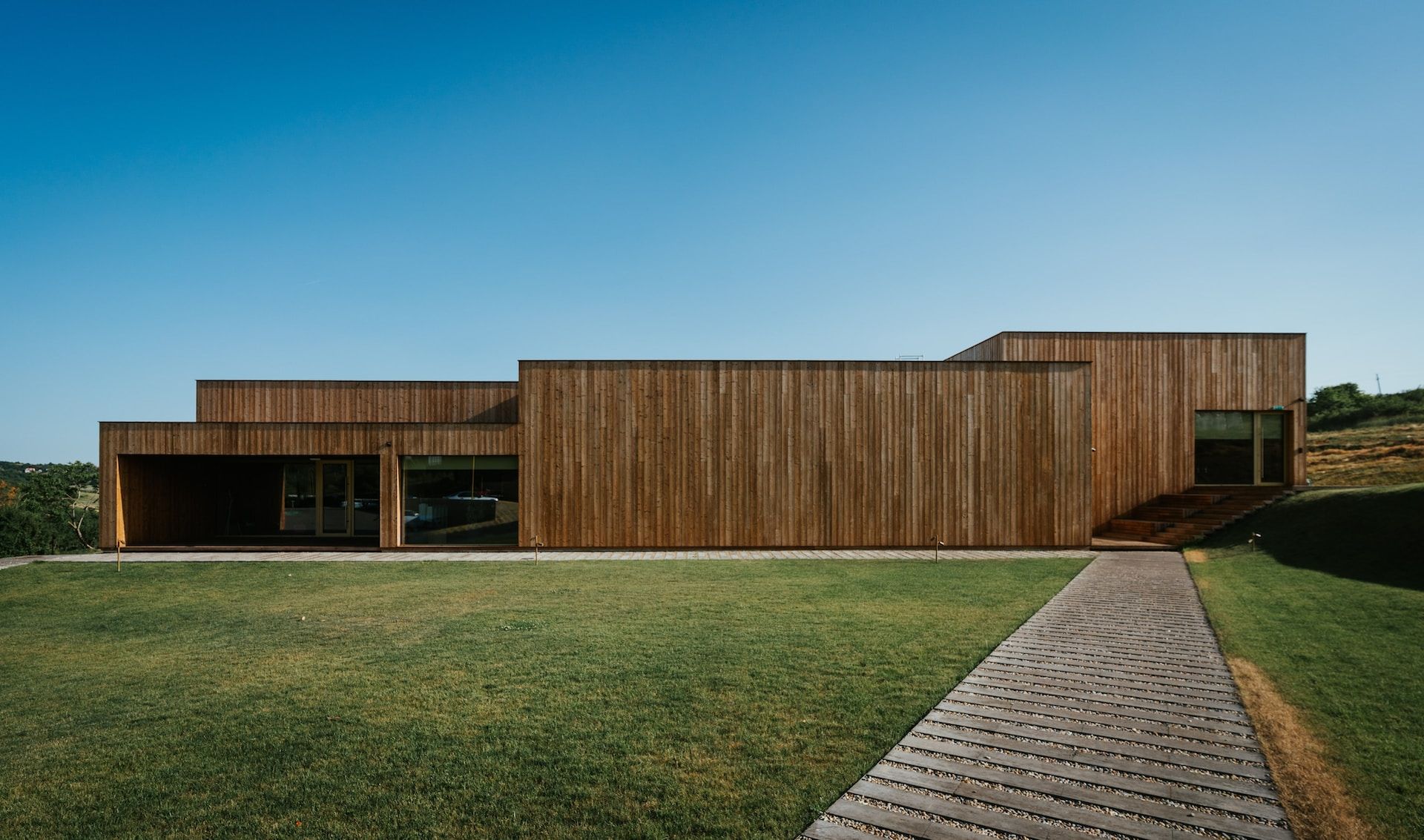
Area 4. Enhanced Collaboration for Sustainable Development
Prediction: Increased collaboration among stakeholders (architects, builders, developers, policymakers, and communities) will be a key driver of sustainable construction.
This collaboration will involve early-stage planning to ensure sustainable practices are incorporated into the entire project lifecycle, fostering holistic and eco-conscious development. Some of Mesh’s best projects have involved great collaboration and trust between client, architect, specialist consultants, and contractors. More projects are starting to take this collaborative approach, and further increases in collaboration will happen in 2024.
Area 5. Further Success of Knowledge Platforms and Podcasts
Prediction: The UK consumer will start to rapidly seek trustworthy and reputable advice on a range of low energy materials, technologies, and techniques, and sustainable construction will become a ‘must-have’.
Several great podcasts on the low carbon building industry and products have sprung up in the last couple of years, and even our own Meshwork platform grew considerably in 2023 as professionals and specialist look to digest information, case studies, and ideas to help them on their current (or next) project.
These podcasts and platforms will continue to bring great speakers, ideas, and products to the fore, and their followers will continue to grow. Some will wither and some will see explosive growth, but if the internet has taught us anything, it is that the power of outreach is huge and with the right information being shared, this can make a rapid difference in 2024.
Conclusion
So that’s me done, and I shall put my crystal ball down for now! Sadly, none of these predictions are particularly, sexy, cool, ground-breaking, or radical; but they do point to real tangible progress, and I for one look forward to seeing them develop and further the UK’s successful, rapid, and affordable decarbonisation of the built environment.



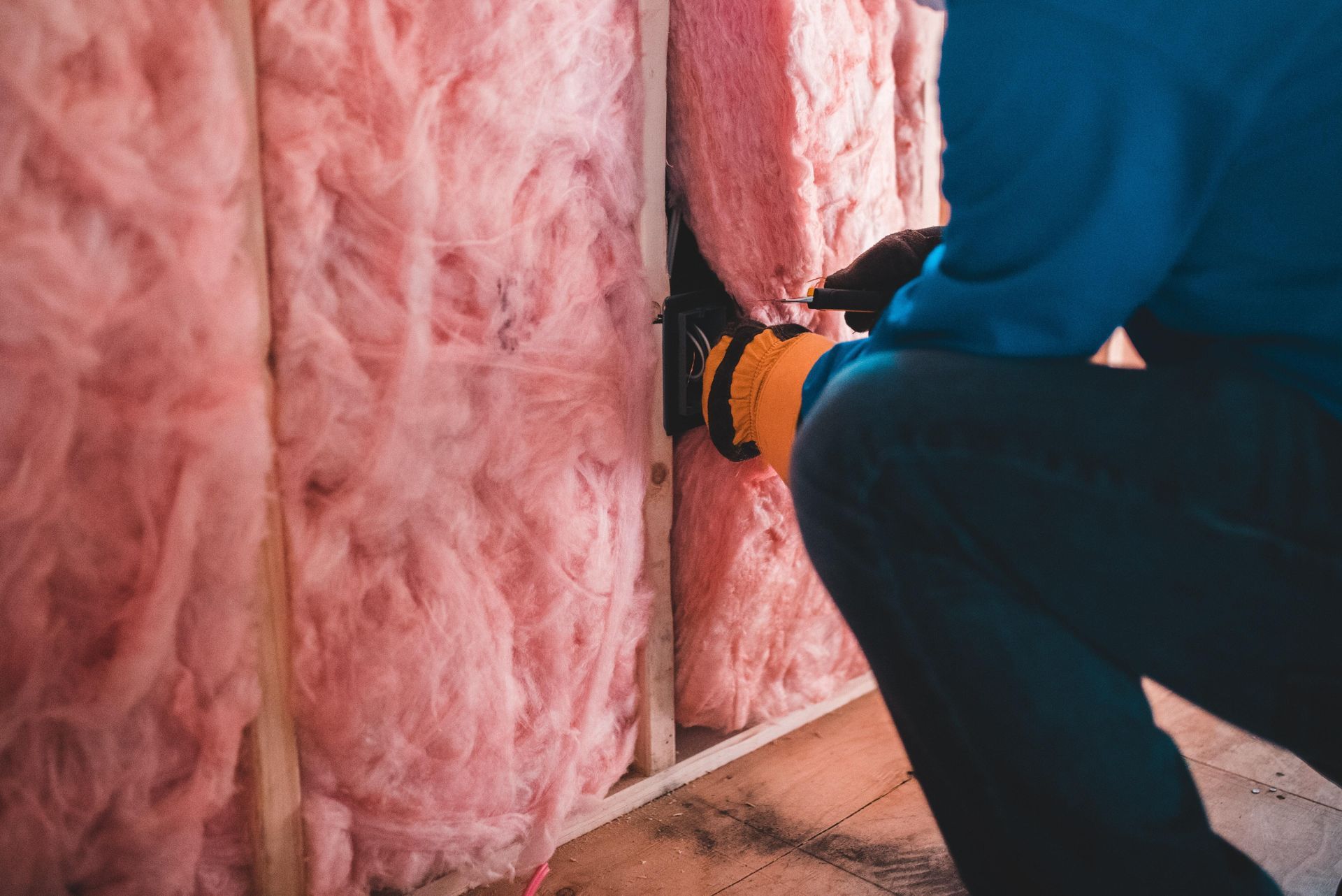
Subsribe to memo from mesh
Thank you for subscribing to the Mesh newsletter. Keep an eye out for our value-packed emails landing in your inbox!
Please try again later
RIGHT FIRST TIME BOOK
Order your copy today
DOWNLOAD THE HEAT PUMP HERO APP
Calculate your savings and source accredited installers today
Address: Cambridge House, 8 East Street, Farnham, England, GU9 7RX |
Tel: 01420 481573 |
Email: info@mesh-energy.com
Company No. 09524252 •
Privacy Policy



